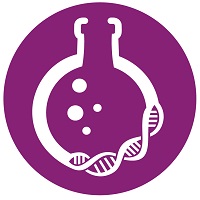Bioanalytics
Effective Clinical ADA Monitoring for High-Dose Biologic Therapies
Tuesday, October 22, 2024
10:30 AM - 11:00 AM MT
Location: 151 ABCG

Maria Jadhav, PhD
Director
Novartis Institutes for BioMedical Research, Inc.
Cambridge, Massachusetts
Speaker(s)
Drug tolerance of anti-drug antibody (ADA) assays represent a significant bioanalytical challenge during the clinical development of biologics, particularly in cases of high and frequent dosing. Here, a case study describing clinical ADA assay development and validation for a monoclonal antibody directed against a soluble cytokine that is known to dimerize. In addition to known target interference, ADA needed to be detected in the context of high drug levels followed by effective integration and interpretation of the PK/PD/IG and clinical data. Moreover, description of how feedback from regulatory authorities enabled agreement on the best suited ADA assay to be implemented during clinical development will be provided. This case study also illustrates that drug tolerance is highly dependent on the characteristics of surrogate positive control used in the assay which may not reflect the real drug tolerance observed in study patients.
Learning Objectives:
- Upon completion, participant will be able to define clinical immunogenicity assay validation strategy for biologics administrated at high doses to ensure smooth regulatory path for BLA submission.
- Learn about ADA assay development and validation for a monoclonal antibody directed against a dimerizing soluble cytokine.
- Recognize the role of regulatory authorities' feedback in choosing the best-suited ADA assay for clinical development.
- Understand that drug tolerance in ADA assays may vary depending on the characteristics of the surrogate positive control used, which may not reflect the real drug tolerance observed in study patients.

